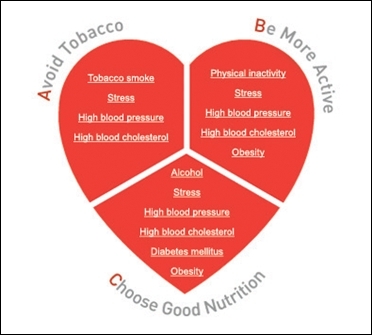 | « Back to article | Print this article |
Are the claims on health foods true?
Government scientists and industry experts have joined hands to evolve guidelines for advertisements claiming health benefits for what is called health foods in India and functional foods in the US.
The sharp rise in upper class incomes, lifestyle diseases and health consciousness has created a market for such foods, which industry has been quick to step into.
Rules are urgently needed because currently there are none.
Click NEXT to read on
Are the claims on health foods true?
Current Indian guidelines, supervised by the Food Safety and Standards Authority of India, only require foods to be safe for consumption and unadulterated.
The initial aim of the proposed regulations will be to mainly focus on probiotics, foods which contain bacteria that help in digestion, and nutraceuticals which are nutritional aids with a leg in the domain of pharmaceutical chemistry and biotechnology.
Click NEXT to read on
Are the claims on health foods true?
There is much to be learnt from the different ways in which the US and Europe have gone about policing these claims.
The US Federal Trade Commission, which polices claims for functional foods has to live with firms' constitutional right to commercial free speech so long as it is truthful and not misleading.
Are the claims on health foods true?
Not only do ordinary consumers seldom read and understand the fine print, they are often driven by an overwhelming desire to find the holy grail of wellness.
The FTC has in the recent period filed complaints of deceptive marketing against such well known firms as Kellogg's, Dannon and a subsidiary of Nestle.
Click NEXT to read on
Are the claims on health foods true?
Firms have to submit their claims with scientific evidence for the panel to pass an opinion on whether they pass muster.
India is moving towards a regime of pre-clearance of claims before they can be made but there is a danger in this.
Going by the standards of Indian bureaucratic efficiency and ethics, it is quite possible for log jams to be created and corruption to surface.
Click NEXT to read on
Are the claims on health foods true?
The regulator should also be able to disqualify a claim, on scientific evidence, even after it has begun to be aired. But one problem which will remain, in India and elsewhere, is the scientific validation of a claim.
While peer reviewed research should always be insisted upon, the risk of sponsored research later turning out to be self-serving will always remain.






